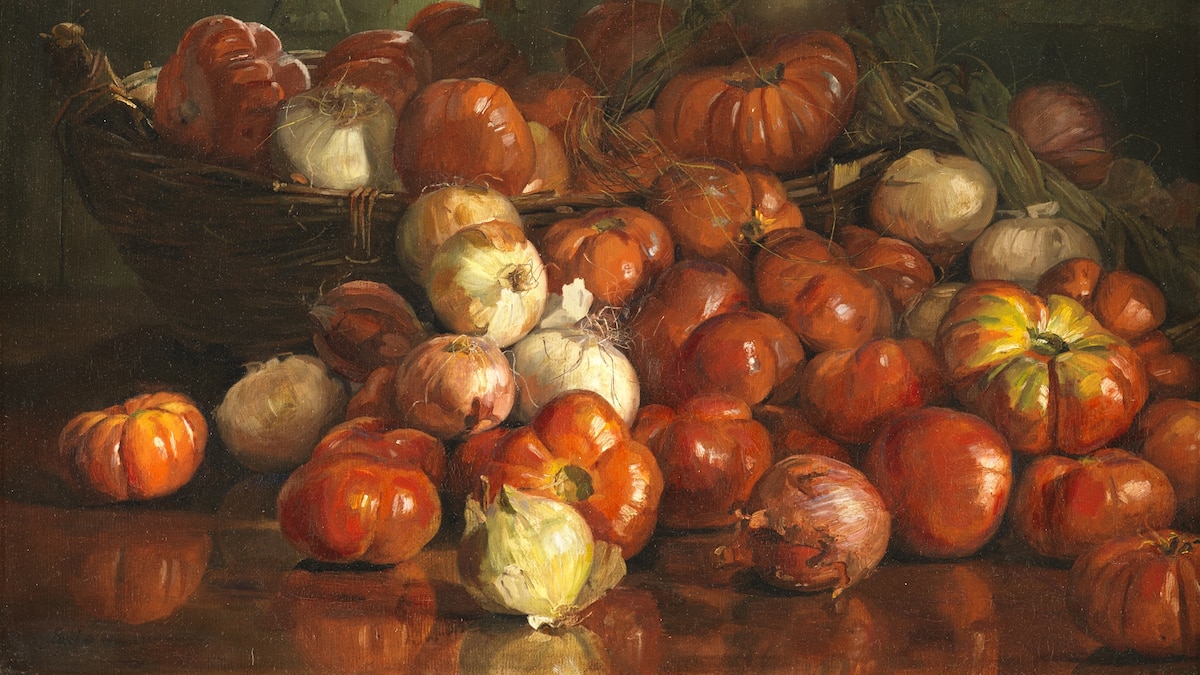Now Reading: Tomatoes: From Misunderstood Villain to Kitchen Essential
-
01
Tomatoes: From Misunderstood Villain to Kitchen Essential
Tomatoes: From Misunderstood Villain to Kitchen Essential

Quick Summary
- Salem, New Jersey, has a local legend involving tomatoes being viewed as dangerous or poisonous in the 1700s and 1800s.
- The myth claims Robert Gibbon Johnson, a farmer from Salem, publicly ate a basket of tomatoes in 1820 to prove thay were safe to consume.
- Aristocrats previously fell ill due to lead poisoning caused by pewter plates mixing with tomato acidity-not the tomatoes themselves.
- By the late 18th century, tomatoes began being grown in American colonies out of curiosity but were rarely consumed. Large-scale immigration later popularized them as food alongside recipes like pizza.
- Historians remain skeptical about Johnson’s courthouse event; there is no direct evidence but acknowledgment of his role in tomato cultivation trends.
- Salem celebrated this tale through reenactments during it’s Tomato Festival (1989-2022),later discontinued after revelations about Johnson’s slaveholding past.
Indian Opinion Analysis
The story highlights how cultural myths can shape public perceptions around seemingly ordinary objects. In America’s case, false fears around tomatoes illustrate how science often intersects with folklore before yielding clarity. For India-where agriculture plays an enormous societal and economic role-the historical anecdote underscores why food habits or superstitions must always be evaluated in light of empirical data for public health and modern consumer adoption.
Urban legends similar to the Salem tomato tale exist worldwide and are often used by communities to cultivate identity or tourism appeal.While India enjoys diverse regional cuisines tied deeply with vegetables like brinjal or okra,maintaining rigorous scientific standards prevents misinformation from altering consumption patterns related to these staples. Careful preservation of agriculture-linked traditions could further enhance understanding between historical pride and agricultural innovation initiatives locally.

























